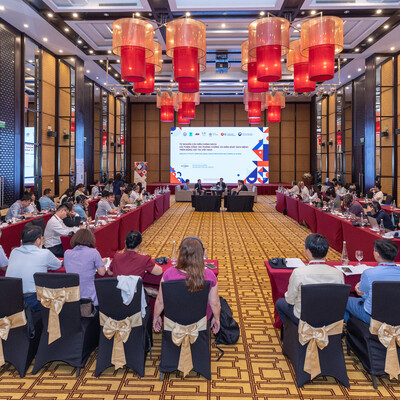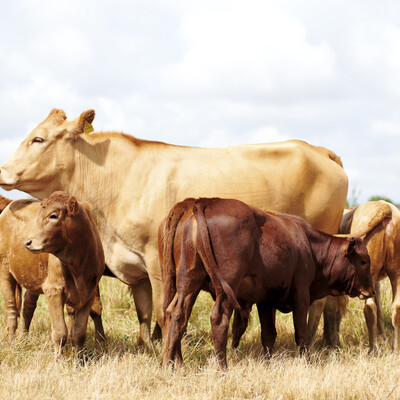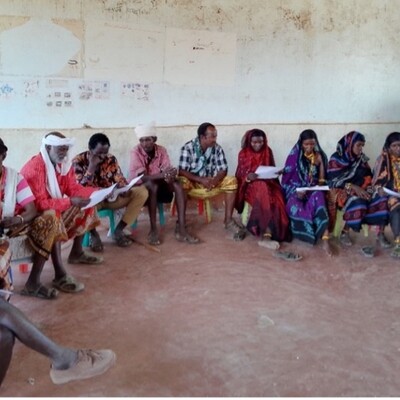
Inclusive red meat value chains for women and youth in Eastern and Southern Africa (K'LUSA)
K’LUSA aims to develop sustainable, inclusive, and transformative red meat value chains in the most vulnerable smallholder farming communities of Zimbabwe and Malawi.
Most rural households in Zimbabwe and Malawi depend on smallholder agriculture and livestock husbandry to meet food and nutritional security goals and improve their livelihoods. However, due to the low level of public and private investment in the livestock sector, livestock-keeping households cannot fully utilise livestock as a source of income and to diversify diet. This is further exacerbated by high youth unemployment and social norms that do not support women's engagement in income-generating activities. For example, in many families, women are often excluded from making decisions, using assets and buying and selling livestock. Similarly, the ability of youth to own and benefit from livestock remains a challenge.
Inclusive and transformative red meat value chains in Malawi and Zimbabwe project aims to reduce this gap. Anchored in local input and output markets, private sector investments, and governmental support services, the project will create enabling environment that will enhance inclusive and competitive red meat value chains. This market pull will incentivise livestock producers to invest in better management to achieve higher productivity and production levels. The project will support farmers in livestock marketing and prices negotiation and educates them on the importance of healthy nutrition.
The project’s goal is to promote a shift in the mindset of decision-makers towards more inclusive and market-oriented livestock production systems. To achieve this, the project will accomplish the following objectives:
- Develop sustainable, inclusive, and transformative red meat value chains in vulnerable smallholder farming communities of Malawi and Zimbabwe.
- Improve on-farm productivity by supporting women and youth farmers to improve rangelands management, animal health, and husbandry through training and the use of existing technology platforms.
- Support women and youth farmers through farmer-based organisations using improved knowledge sharing and exposure to best practice sustainable production techniques by supporting Rural Sustainable Beef Cluster Knowledge Circles linked to GRSB.
- Promote and facilitate the formation of local women- and youth-led sustainable red meat production models in production areas based on learnings from models across Southern Africa.
- Develop models for increasing participation of women and youth in the red meat value chain through targeted inclusive financing.
- Support nutrition-sensitive interventions by disseminating information on nutrition among women and youth in the project areas.
The project is implemented through four components supported by cross-cutting technical assistance, particularly in Knowledge Management and Learning, Gender and Youth, Monitoring and Evaluation, Climate Change and Digital Solutions.
Sustainable production practices and technologies
Focusing on applying good practices in sustainable production and landscape management to enhance livestock and feed/forage production practices and technologies that can improve productivity and livelihoods, particularly for women and youth as farmers and business owners.
Market access and marketing development
The project will introduce marketing initiatives that can create improved and long-lasting economic opportunities for women and youth to drive positive behavioural change among farmers. Aims to realise efficiency gains in the value chain through improved market development support and enabling marketing interventions
Enterprise development and inclusive financing models
The project will pilot inclusive financing models that would innovatively unlock value-chain financing and equip local communities with the skills to prepare, establish, and operate new businesses in the red meat value chain (including the ancillary skins, hides, and leather industry).
Knowledge circles and enabling environment
The project will stimulate the advancement of continuous improvements in the sustainability of the beef value chain to organise and facilitate learning, exchange, and advocacy through established institutional arrangements and advocate for an enabling environment that effectively support women and youth in market-based improvements















